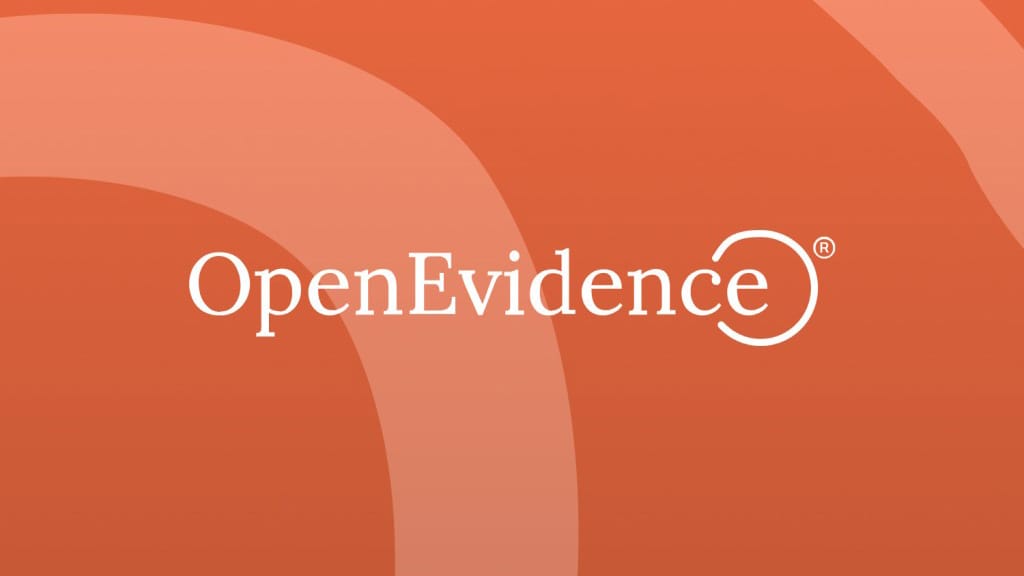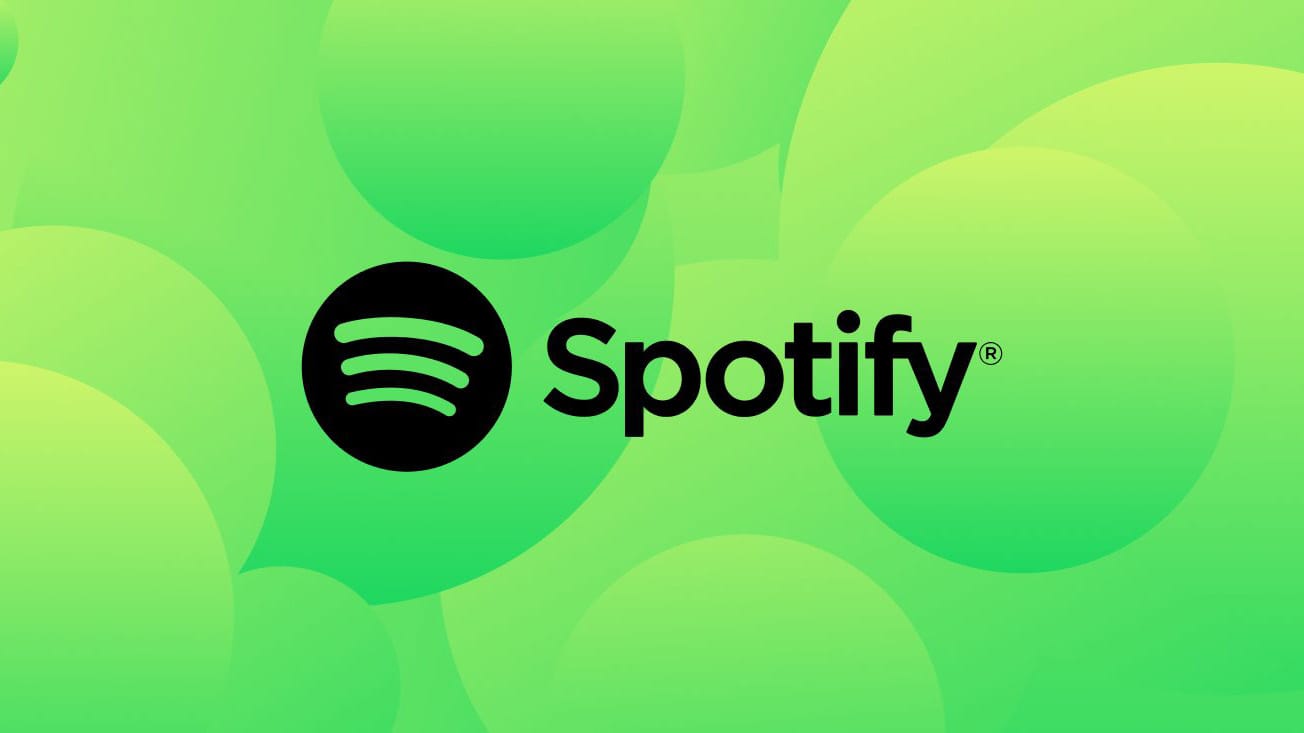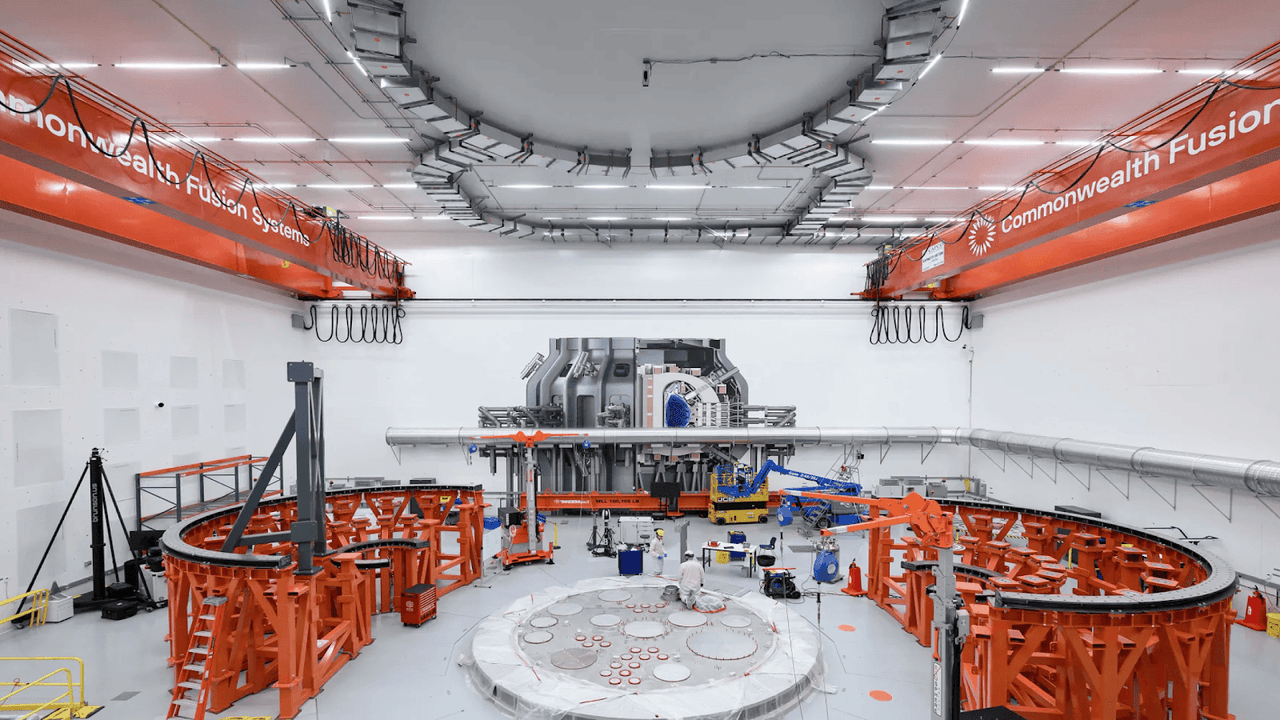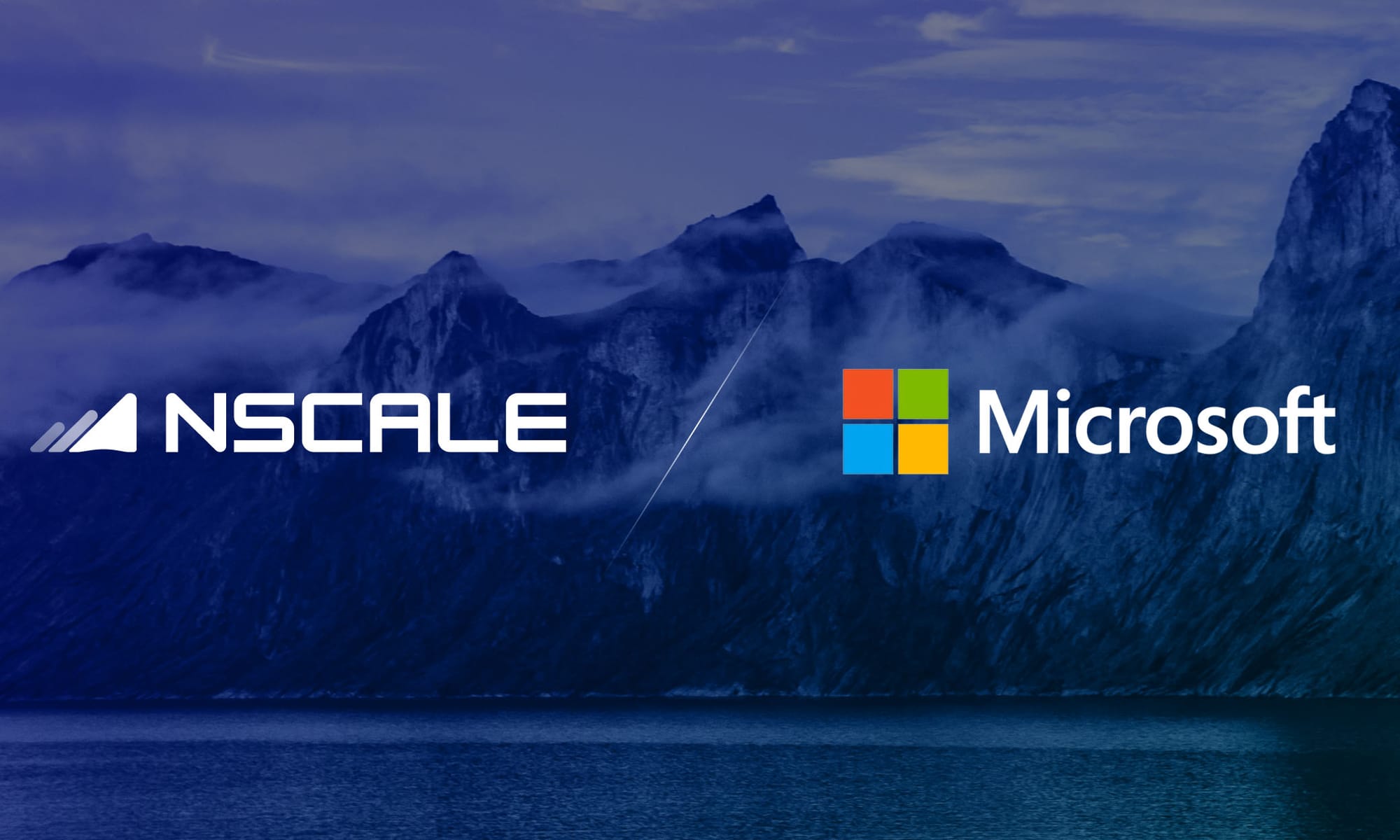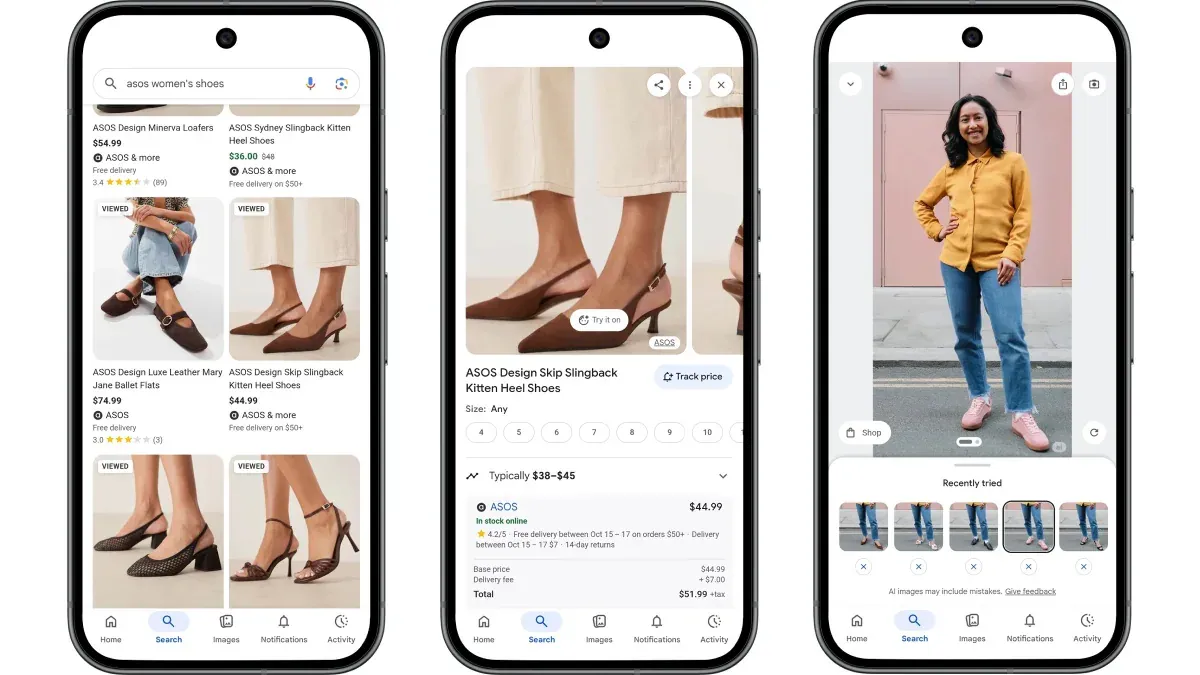Is Elon Musk’s Grok going to replace Google Gemini?

Elon Musk's latest venture, Grok, developed by his company xAI, has emerged as a formidable contender in the AI-driven search domain. As of November 2024, Grok is positioned as a potential disruptor to Google's long-standing dominance in the search engine market.
Grok's development is rooted in Musk's vision of creating a "maximum truth-seeking AI" that operates with fewer restrictions compared to its competitors, such as OpenAI's ChatGPT and Google's Gemini. Unlike traditional search engines, Grok leverages real-time data from X (formerly Twitter), providing users with up-to-date insights and analyses. This integration with X allows Grok to offer a unique "free speech" search experience, appealing to users seeking alternatives to perceived biases in existing platforms.
Some online comments suggest that Grok could potentially replace Gemini. Today, we will take a closer look at the strengths and weaknesses of these two advanced AIs.
Table of Contents
- Grok's Capabilities and Limitations Compared to Google
- Technological Architecture and Design
- Data Processing and Analysis
- Natural Language Processing and Understanding
- Market Reach and User Base
- Ethical Considerations and Privacy
- Potential Impact of Grok on the AI and Search Market
- Disruption in the Search Engine Market
- Competitive Edge and Technological Advancements
- Market Dynamics and User Adoption
- Challenges and Considerations
- Future Prospects and Strategic Developments
- Ethical and Privacy Concerns Surrounding Grok
- Data Collection and User Consent
- Privacy Risks and Data Security
- Bias and Discrimination
- Accountability and Transparency
- Regulatory Compliance and Ethical Standards
Grok's Capabilities and Limitations Compared to Google
Technological Architecture and Design
Grok, developed by Elon Musk's xAI, is designed to leverage advanced machine learning algorithms and neural networks, similar to those used by Google. However, Grok's architecture is distinct in its focus on integrating with Musk's existing technological ecosystem, including Tesla and SpaceX. This integration allows Grok to potentially offer unique insights and functionalities tailored to these platforms. In contrast, Google's AI systems, such as BERT and MUM, are designed for broad applicability across various domains, emphasizing versatility and scalability.
Grok's architecture is reportedly optimized for real-time data processing and decision-making, which is crucial for applications in autonomous vehicles and space exploration. This focus on real-time capabilities may give Grok an edge in specific niche applications where immediate data processing is critical. However, Google's AI systems are renowned for their robustness and ability to handle vast amounts of data across diverse applications, from search engines to cloud computing services.

